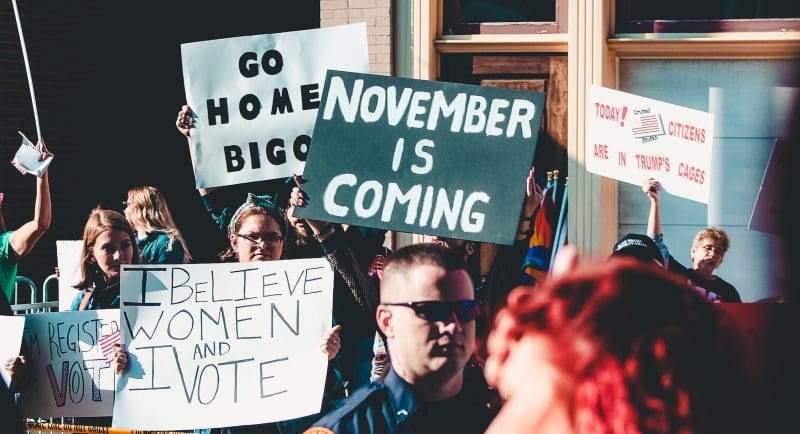In today’s world, where things change quickly, college students are more and more often caught between academics and action. This piece looks at how political participation affects the views of young people in higher education and how the relationship between these two areas changes over time.

How Academics and Activism Fit Together
While academics and activism may seem like two separate tracks, college students often find that they cross paths all the time. Academics are interested in learning new things and getting better at things they already know, while activists fight for social, political, or environmental issues. But these two worlds often collide when students want to learn and make a change at the same time.
How education can help people get involved in politics
The most important thing that shapes kids’ political views is their education. Colleges and colleges are great places to learn how to think critically, do research, and be open to different ideas. This setting motivates students to care about social problems and look for ways to change things through activism.
Problems that student activists have to deal with
Student activists, driven by their fervent desire for change, face the daunting task of excelling academically while dedicating substantial time and energy to their causes, often leading to stress and burnout. Online services provide assignment help that allows students to cope with their academic responsibilities more efficiently and spend more time on their business. Educational institutions can further support these activists by offering tailored assistance programs, guidance from professors, and flexible assignment schedules, empowering them to pursue positive change without compromising their academic goals. Ultimately nurturing socially conscious, well-rounded, and academically successful individuals poised to make a meaningful impact on the world.
Why getting involved in politics is good
Even though there are problems, getting involved in politics has big benefits. It helps you grow as a person, learn how to be a leader, and find your role in life. A lot of well-known organizers, like Malala Yousafzai and Greta Thunberg, started out as students.
Ways to Find a Balance Between School and Activism
Students can learn good time management skills that will help them do well in both school and action. To find balance, they can learn how to set limits, prioritize jobs, and work with others.
What Social Media Means for People
In this modern age, social media sites have made it easier for student activists to be heard. Students can use these sites to get people to support their causes, share information, and make more people aware of them.
Case studies: the experiences of student activists
Real-life examples of student organizers who were able to balance their activism with schoolwork are very helpful. With hard work and planning, these people show that it is possible to do well in both areas.

Help for Faculty and Institutions
An important thing that many schools do is help student activists who want to do good things. Professors often encourage activism in the classroom, and universities may help student-led projects by giving them tools and money.
Taking care of mental health
The stress of action can be bad for students’ mental health. It’s important for organizers to take care of themselves and get help when they need it. Universities usually have counseling services and other tools for mental health.
What It Means for Future Jobs
Being politically active can affect what people do for a living in the future. A lot of companies look at activism as a sign of leadership, dedication, and the power to make things better.
Building an activist community that is diverse and welcomes everyone
In action, diversity and acceptance are very important. Working with people from different backgrounds broadens your views and increases the power of your action.
What’s Next for Activism in Schools?
The part that action plays in schools is likely to change as society changes. The story makes guesses about what might happen and what trends might happen in the future. One idea that is brought up is that activism could be taught in schools more.
Conclusion
To sum up, balancing school and action isn’t always easy, but it can help you grow as a person and bring about positive changes in society. When college students get involved in action while they are also learning, they become better prepared to deal with the complicated world. They are very important to making society more fair and just because they will be the leaders of tomorrow.
